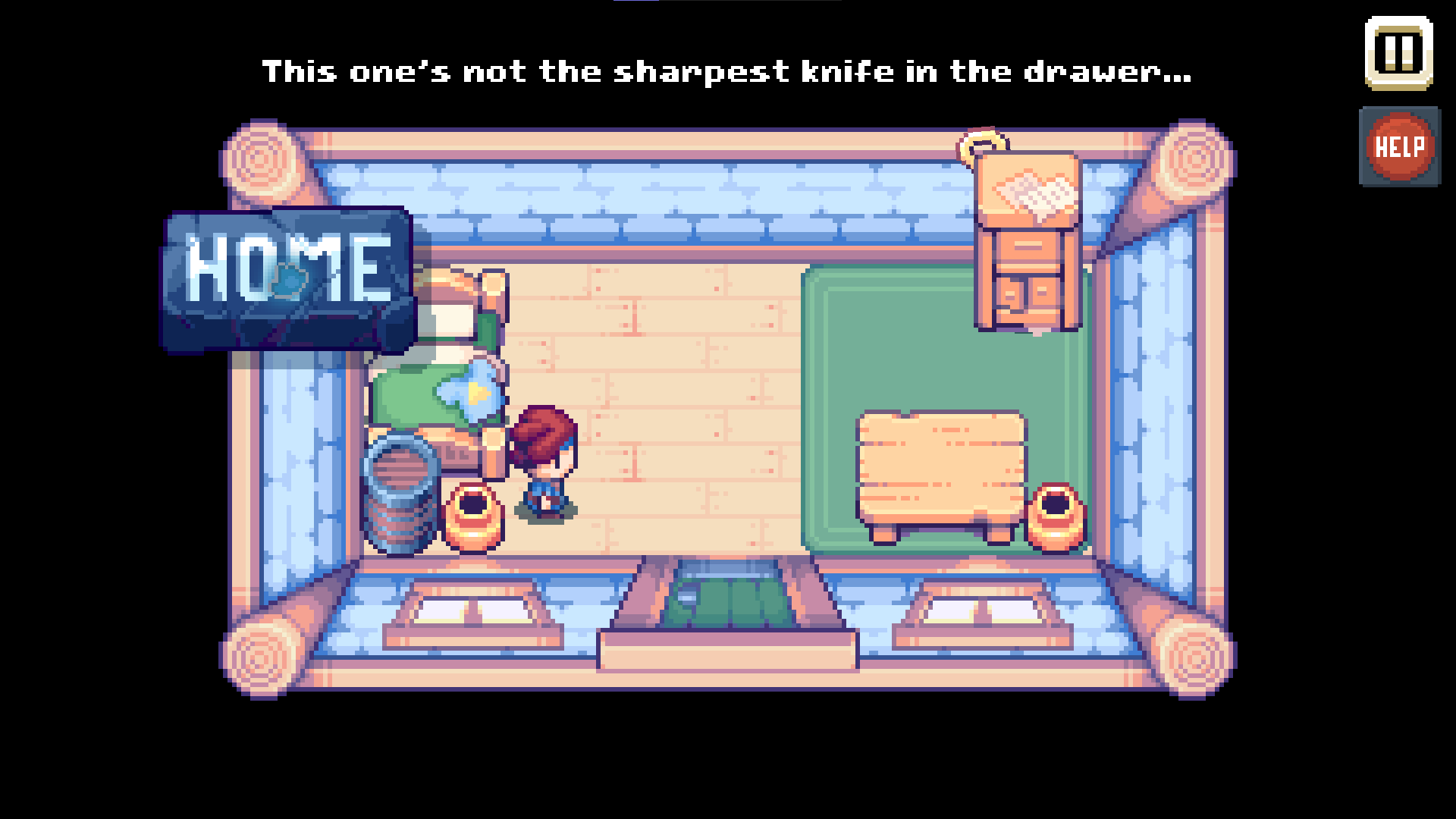Metagames, as we know, are games which comment on their own gamehood, whether that be directly or indirectly. However, that gamehood is not always addressed in the same way between games. Some games make explicit reference to their materiality; their own existence as an object the player is interacting with.
Take, for example, There Is No Game, a game which insists it is not what it is. However, anyone who has played this games knows this insistence to be false. After all, you downloaded the game and have likely seen screenshots before having done so. The idea that there is “no game” is merely a narrative device; this insistence is not made sincerely. There Is No Game comments on other games, their mechanics, and their formal elements by allowing you to play with them. However, the game There Is No Game does not exist in the world of There Is No Game, at least not the one that the player downloaded and ran to begin the game. There’s a separation between the fictional game and the game files on the player’s computer, and this must be the case for There Is No Game to have the narrative that it does.
This is a stark contrast from Doki Doki Literature Club, a game which makes explicit reference to its existence as files on a computer. It is a metagame about the materiality of games. Admittedly, much of this is abstracted — characters aren’t usually stored as they are in Doki Doki Literature Club: individual files which determine character existence. However, these explicit references have larger meta implications on game as a medium. Instead of asking questions about game form from the point of view of a player as There Is No Game does, it ask questions about that form from the point of view of a developer, or even the point of view of that particular type of games enthusiast that views or even tampers with game files. (Side note: I don’t think it’s a coincidence that Doki Doki Literature Club was written and designed by Dan Salvato, someone who has made many prominent game mods in the past for games like Super Smash Bros. Melee and Super Mario Sunshine)
I don’t mean to imply that one of these approaches is better than another, rather, I think there’s an interesting discussion to be had around how metagames approach their own existence as games. I don’t think a metagame has to take into account its materiality to be effective, games like There Is No Game and The Stanley Parable have proved that. However, I think the explicit reference to game files and such that Doki Doki approaches is equally interesting, and far less explored, at least in games that I’ve seen. I’d be interested to see more games like it.

